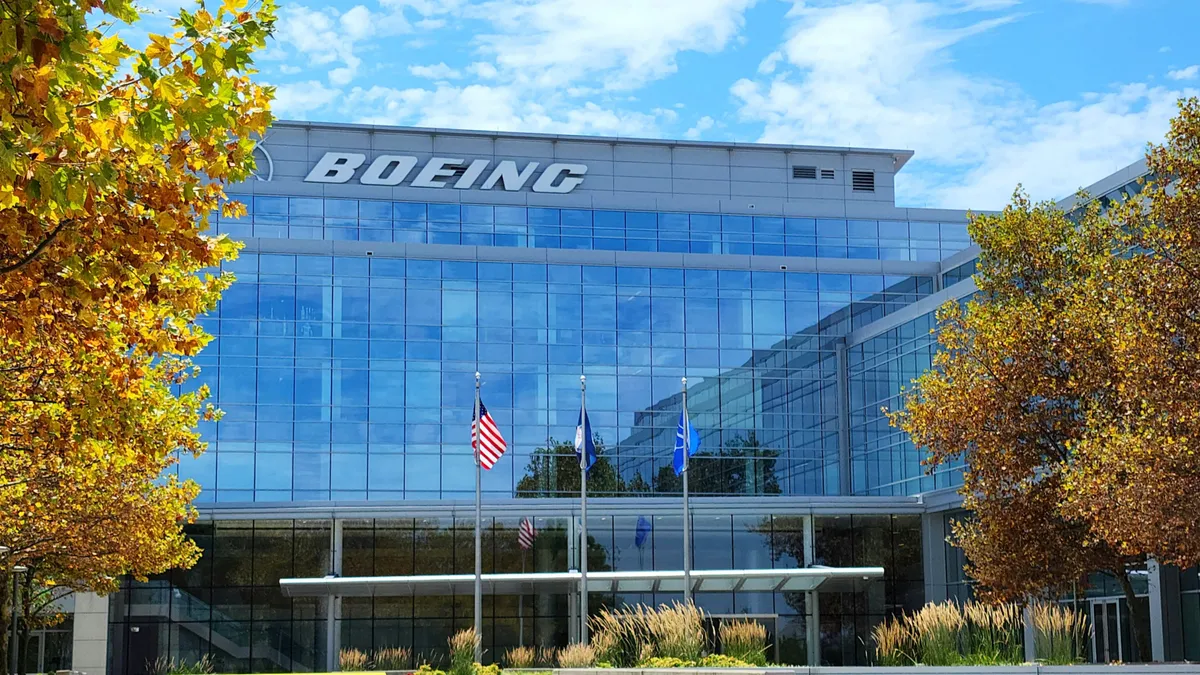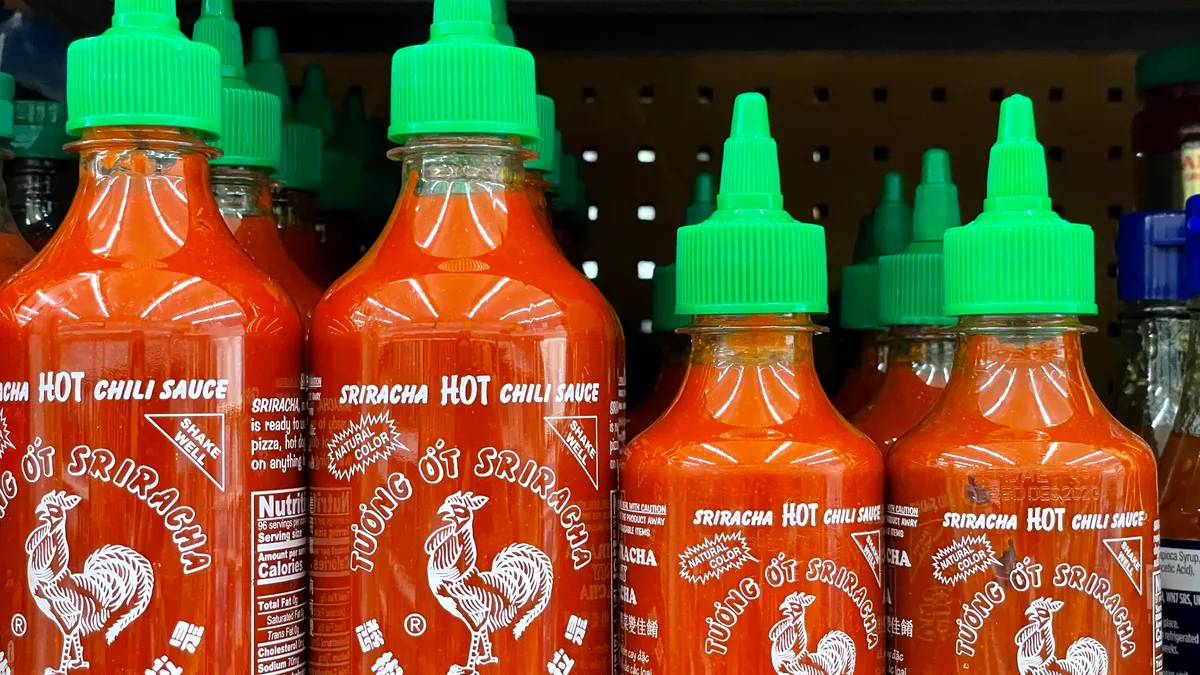Dive Brief:
- Processed vegetable producer Bonduelle will merge its New Jersey manufacturing operations in the coming months as it strives to increase competitiveness in the ready-to-use fresh food market, the company said in a release.
- The French-based manufacturer will merge its two New Jersey factories, keeping operations at its Swedesboro location and converting the Florence site into a warehouse.
- All current production workers at the Florence site will be offered positions in Swedesboro, where all workers will also be retained, Bonduelle said.
Dive Insight:
Like other fresh food companies, Bonduelle has struggled to contend with major produce shortages in the Salinas, California region, namely lettuce. The supply shortages have driven up prices, particularly in the first half of FY2022-2023, Bonduelle said in the release.
The company also cited the loss of contracts in the second half of FY2021-2022 and a declining salad market segment as reasons to consolidate its manufacturing footprint.
Bonduelle’s fresh processed segment, which includes ready-to-eat fresh foods like salad bags and other processed products, declined 4.4% YoY in the first half of FY2022-2023, per the release.
The lettuce shortages are due to increasingly warm weather in California’s Salinas Valley, which produces 70% of the country’s lettuce crop. The rising temperatures have exacerbated the spread of two crop diseases responsible for discoloration, wilting and death in the produce.
In response to the changing market conditions, Bonduelle said it will adapt its New Jersey manufacturing setup to adjust for demand and “optimize the production of all products for customers nationally, while achieving gains in efficiency and coverage of fixed costs.”
The disease spread, which decimated up to 40% of iceberg lettuce production, has sent many major produce companies reeling. Dole executives, who called the issue a “complete crop failure” on a November earnings call, noted that they expected levels to normalize in January 2023.
“It is a very unusual situation in terms of the crop failure,” said Dole CEO Rory Byrne. “We haven’t seen such a dramatic one in quite a while.”












